Table of Contents
- Garden of Praise: John F. Kennedy Biography
- John F. Kennedy - U.S. Presidents - HISTORY.com
- Kisah Inspiratif John F. Kennedy: Biografi dan Perjalanan Hidup - eSatuID
- REVIEW POTPOURRI: John F. Kennedy - The Town Line Newspaper
- John F. Kennedy – Movies, Bio and Lists on MUBI
- Kennedy John F. Kennedy
- What If John F. Kennedy Had Lived? – Never Was
- Why do so many well-known people end up resting in pieces? - TODAY
- Kennedy John F. Kennedy
- John F. Kennedy
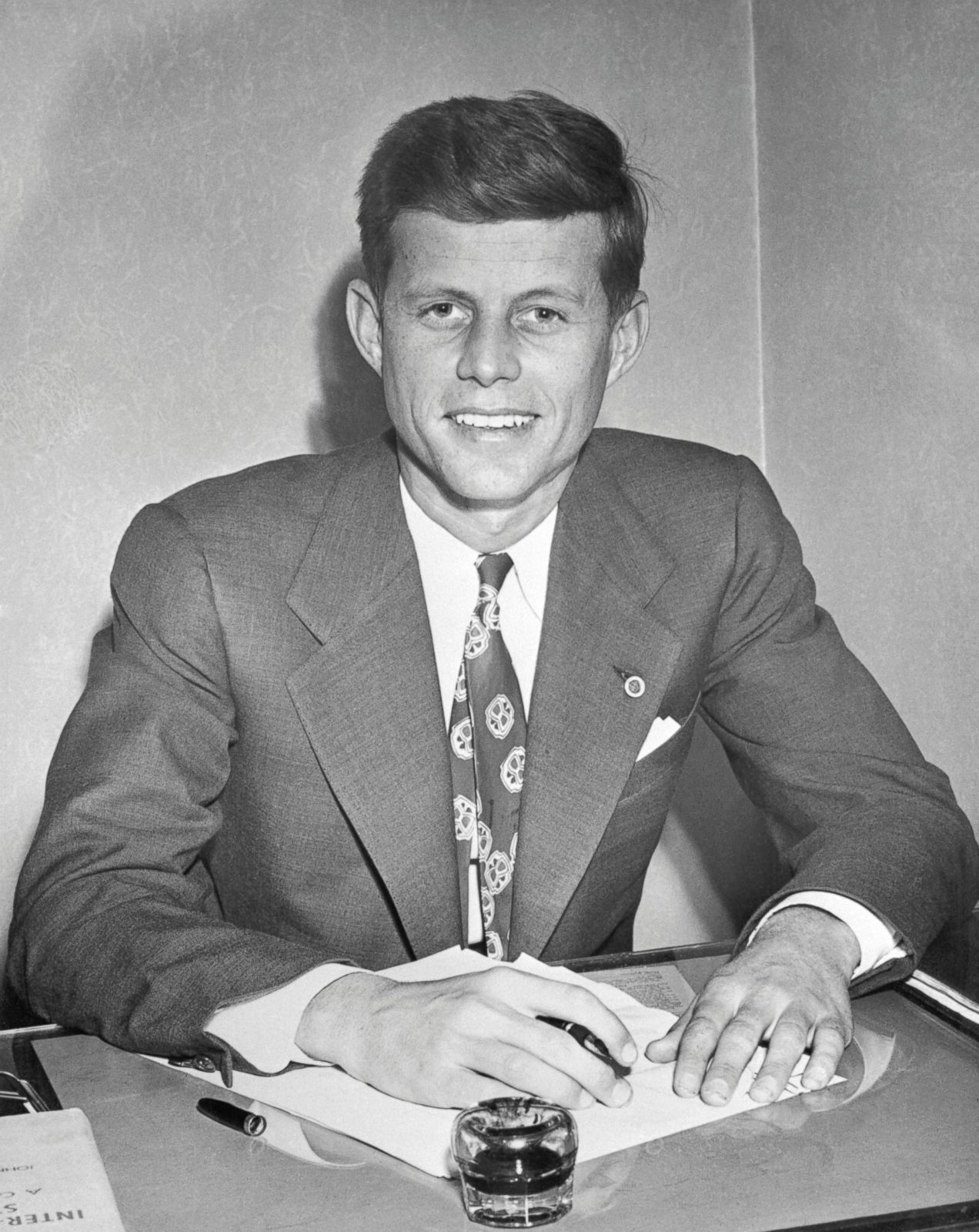
John F. Kennedy, the 35th President of the United States, left an indelible mark on American history. Born on May 29, 1917, in Brookline, Massachusetts, Kennedy's life was a testament to his unwavering dedication to public service and his unrelenting passion for creating a better world. This article delves into the life of John F. Kennedy, his presidency, his stance during the Cold War, and the tragic events surrounding his assassination.
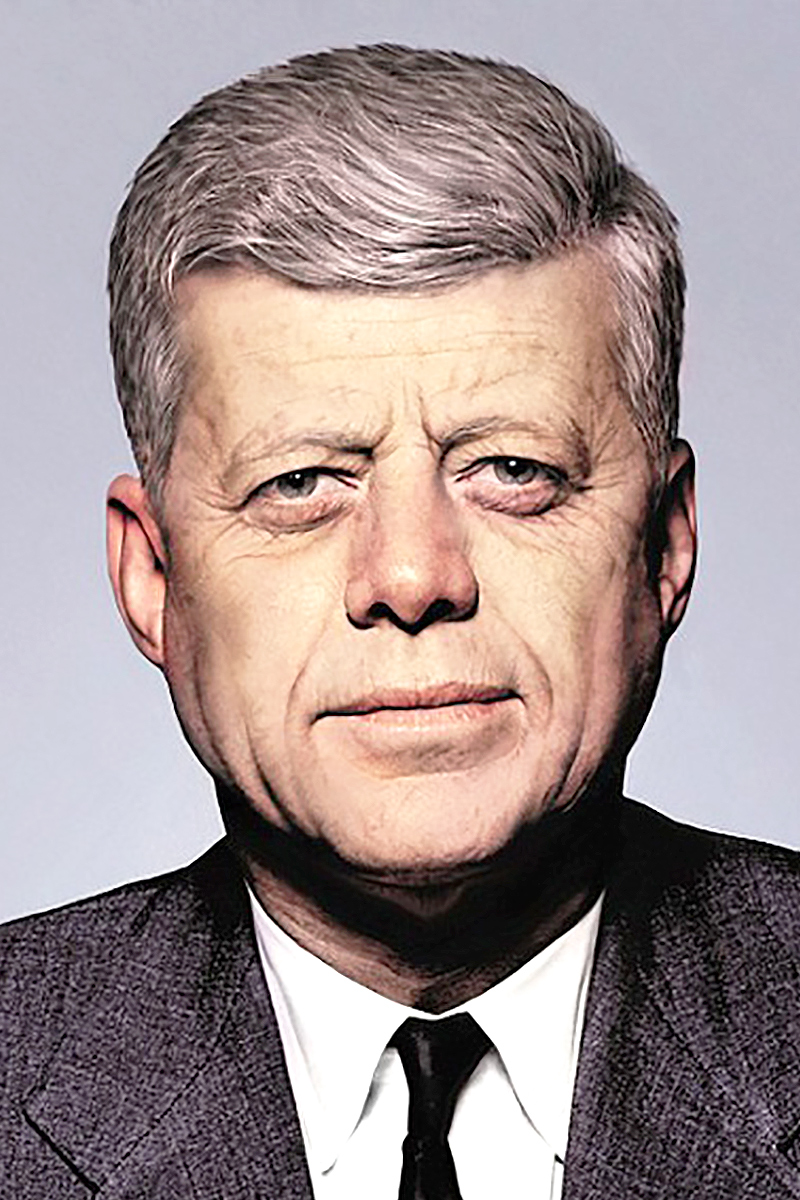

Early Life and Education
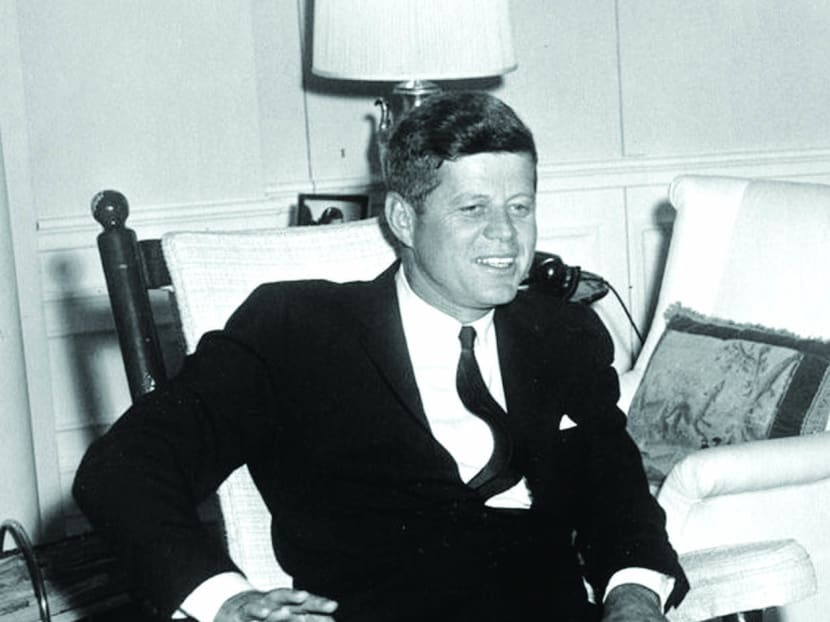
John F. Kennedy was born to Joseph P. Kennedy Sr. and Rose Kennedy. His family's prominence in politics and public service significantly influenced his early life and career choices. Kennedy graduated from Harvard University in 1940 and later served in the U.S. Navy during World War II, earning a Navy and Marine Corps Medal for his heroism. After the war, Kennedy pursued a career in politics, serving in the House of Representatives and later in the Senate.
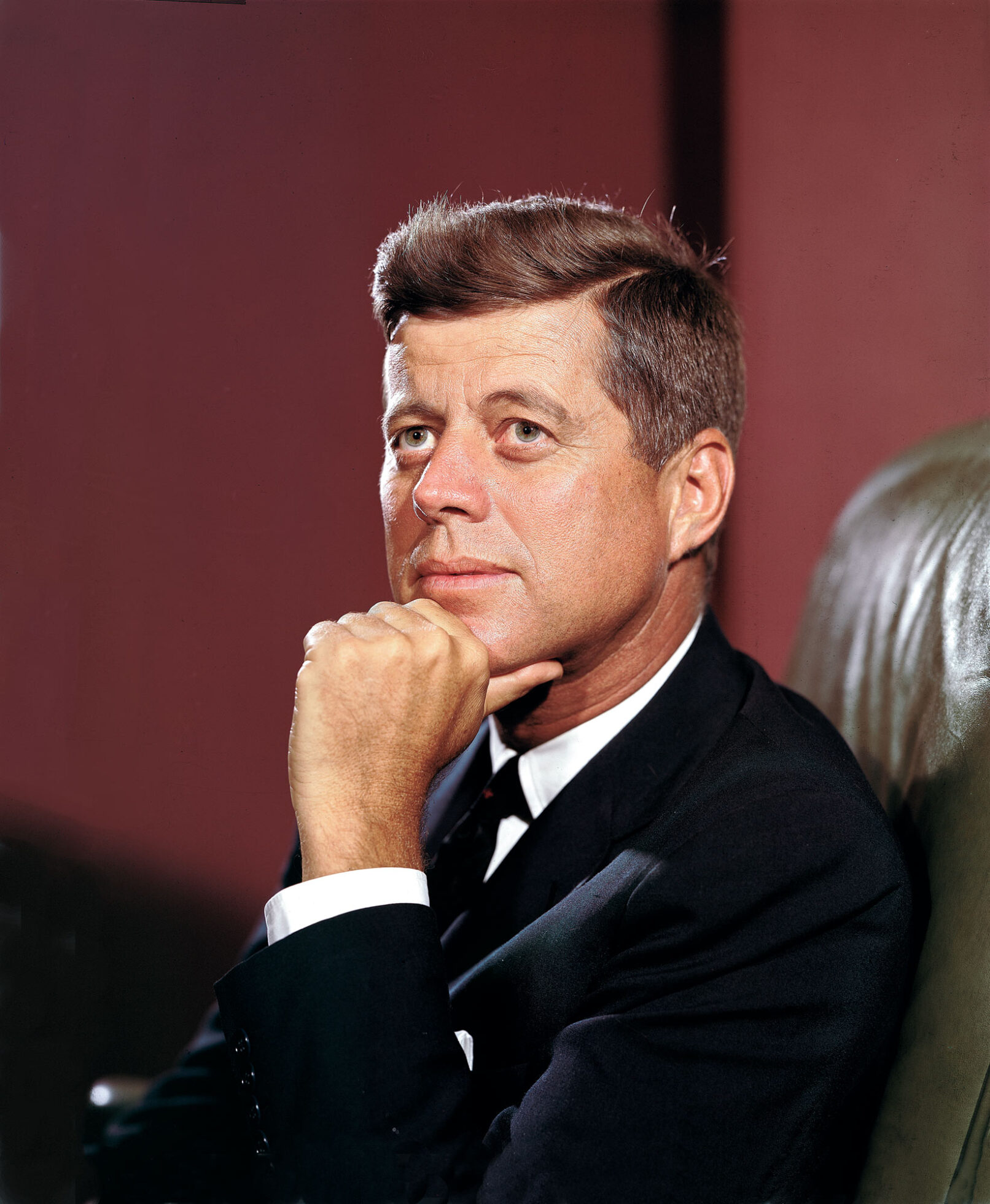

Presidency and the Cold War
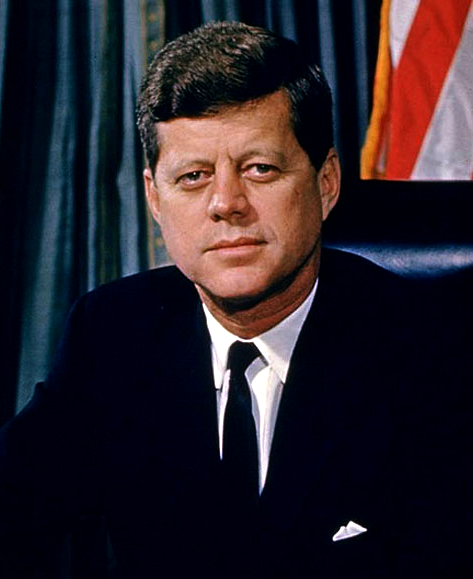
In 1960, Kennedy won the presidential election, becoming the youngest person to be elected president at the age of 43. His presidency was marked by significant events, including the Cold War, a period of geopolitical tension between the United States and the Soviet Union. Kennedy's leadership during this time was characterized by his determination to protect American interests while avoiding direct conflict with the Soviets. His famous speech in Berlin, where he proclaimed "Ich bin ein Berliner" (I am a Berliner), symbolized his commitment to standing against communism.
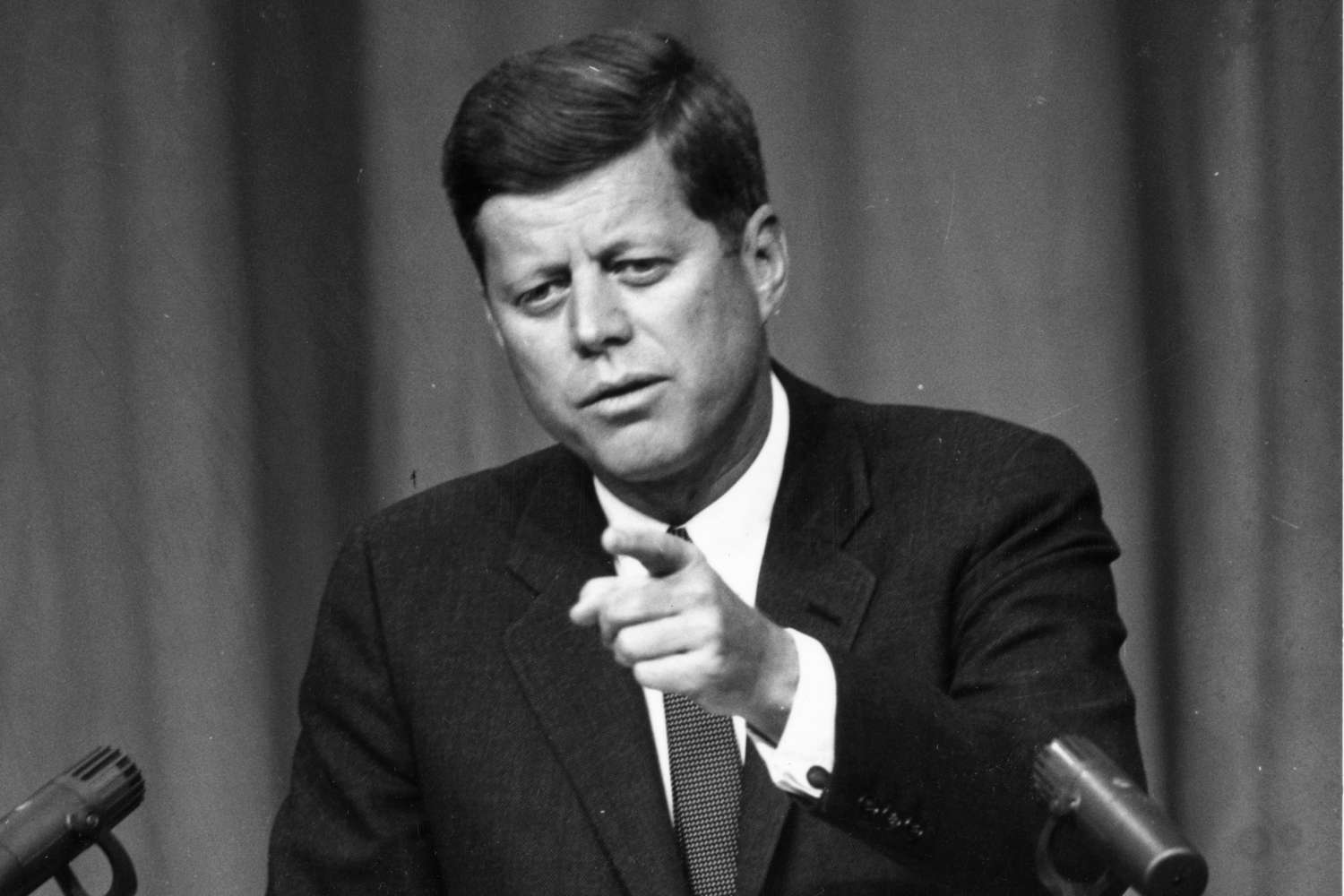
Cuban Missile Crisis
One of the most critical moments of Kennedy's presidency was the Cuban Missile Crisis in 1962. Upon discovering Soviet missile sites under construction in Cuba, Kennedy imposed a naval quarantine on the island, leading to a standoff with Soviet Premier Nikita Khrushchev. After a tense 13-day confrontation, the Soviets agreed to dismantle the missile sites, averting a potential nuclear war. This crisis showcased Kennedy's strategic thinking and his ability to navigate the complexities of international relations under immense pressure.
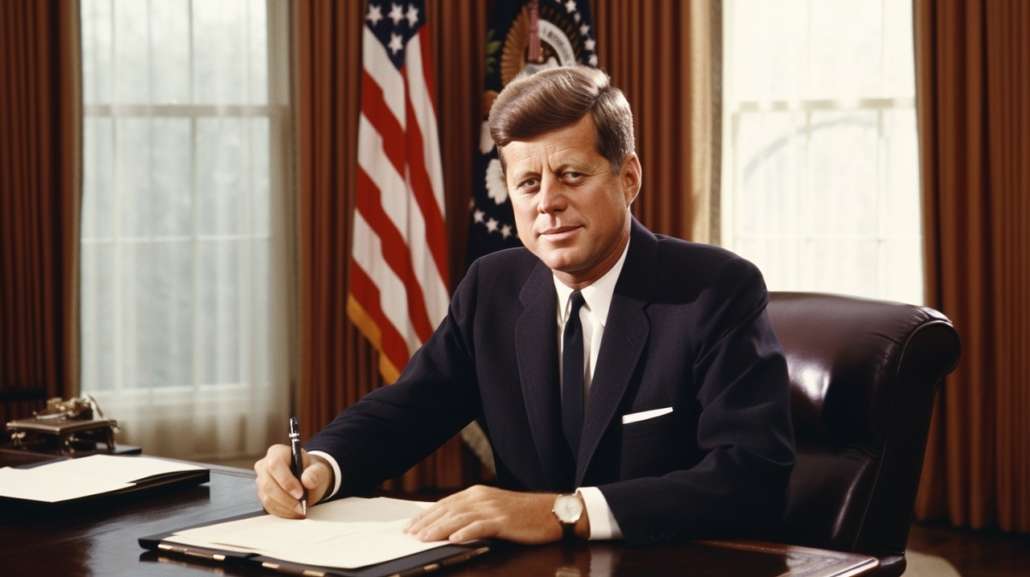
Assassination
Tragedy struck on November 22, 1963, when Kennedy was assassinated in Dallas, Texas. While riding in an open-top car in a motorcade through Dealey Plaza, Kennedy was shot by Lee Harvey Oswald. The event sent shockwaves around the world, plunging the nation into mourning. Vice President Lyndon B. Johnson was sworn in as the new president, succeeding Kennedy. The assassination of John F. Kennedy remains one of the most investigated crimes in American history, with various theories surrounding the events of that day.

Legacy
Despite his short time in office, John F. Kennedy's legacy is profound. He inspired a generation with his vision for America and his call to service. The establishment of the Peace Corps, his support for the space program, and his advocacy for civil rights are just a few examples of his enduring impact. Kennedy's presidency was a beacon of hope during a tumultuous period in American history, and his memory continues to inspire leaders and citizens alike.
In conclusion, John F. Kennedy's life was a testament to his courage, vision, and commitment to public service. His presidency, though cut short by tragedy, left an indelible mark on American history. As we reflect on his life and legacy, we are reminded of the power of leadership, the importance of diplomacy, and the need for continuous striving towards a better world for all.
Source: Britannica